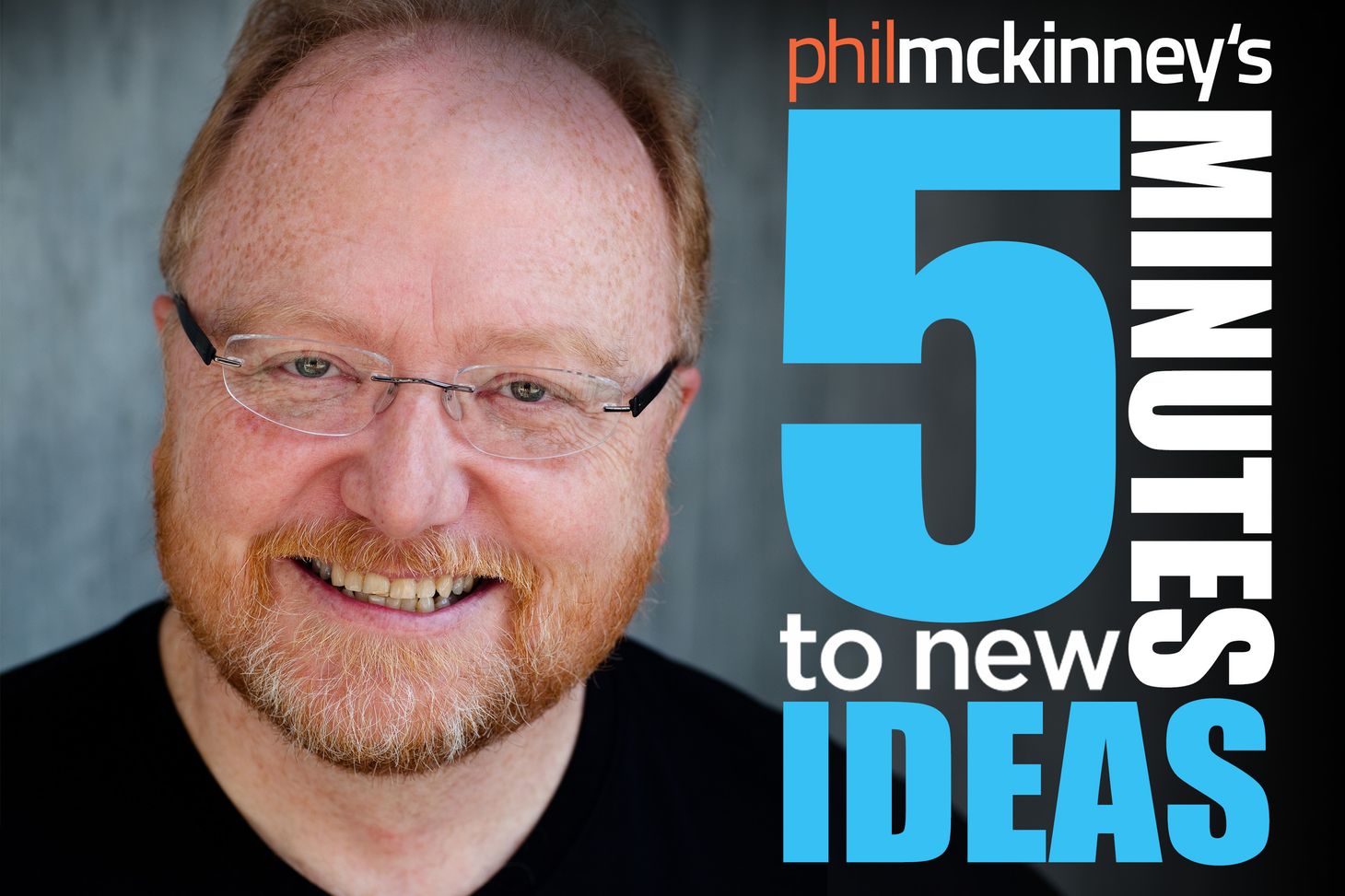Find A Way To Say 'Yes' To Non-Obvious Ideas

The world is made up of ‘yes’ people and ‘no’ people. We need more optimistic -- more hopeful people who find a way to say yes to non-obvious ideas.
During Thomas Jefferson's presidency in the early 1800’s, he and a group of travelers were crossing a river that had overflowed its banks. Each man crossed on horseback fighting for his life. A lone traveler watched the group traverse the treacherous river and then asked President Jefferson to take him across. The president agreed without hesitation, the man climbed on, and the two made it safely to the other side of the river where somebody asked him: "Why did you select the President to ask this favor?" The man was shocked, admitting he had no idea it was the President of the United States who had carried him safely across. "All I know," he said, "is that on some of your faces was written the answer 'No' and on some of them was the answer ‘Yes.’ His was a ‘Yes’ face."
There are times to say no, of course. But success belongs to the people who say, thoughtfully and hopefully, “Yes - let’s try it.” These individuals have thrown their hat in the rings and are part of the answer rather than part of the problem.
When we say ‘no’ to a non-obvious concept that might become a great idea, we shield ourselves of responsibility should the idea fail. We give the impression that we have superior knowledge compared to everyone else as to the outcome. In reality, our objective with our ‘no’ is to reduce risk by maintaining order and the status quo. However, the unintended consequence of our ‘no’ is the impeding of what might have been a great idea.
Why is it that 95% of the people in a typical organization believes it is their responsibility to say no? They are playing the role of the anti-risk innovation antibody. There is no risk by saying no. Projects that are rejected with a ‘no’ can't fail since they never got a chance. If later the idea turned out to be a breakthrough innovation executed by some other organization, nobody will remember who said no.
Why are we afraid of being wrong about a new idea?
Most ‘no’ people seem to live under a suffocating dread that they might be wrong or make a mistake. Perhaps their parents punished them for every little mistake. ‘Yes,’ people use their best judgment but realize that failure and mistakes are part of living and growing and are always a possibility when something new is tried.
I recall one high profile project that was not successful. Someone on the original evaluation team came up to me and said, “I knew that wasn’t going to work.”
My reply was “No you didn’t know it wasn’t going to work. You just hoped it wouldn’t”
As innovators, we should be the ones that most often say “yes - let's try it and see if the idea works”.
When we say ‘yes’ to someone else’s idea, we are committing to them that we are willing to invest all of ourselves to their idea. That is a powerful message to send to someone who is taking the risk and putting their idea out in the open for support or for rejection.
Google’s Executive Chairman, Eric Schmidt shared how important it is to say yes more often which included the following mantra:
“Find a way to say yes to things. Say yes to invitations to a new country. Say yes to meeting new friends. Say yes to learning a new language, picking up a new sport. Yes is how you get your first job, and your next job. Yes is how you find your spouse and even your kids. Even if it’s a bit edgy, a bit out of your comfort zone, saying yes means you will do something new, meet someone new and make a difference in your life, and likely in others’ lives as well… Yes is a tiny word that can do big things. Say it often.”
During an innovation project, you will say yes or no 100's of times. However, without that first yes, we have nothing. That idea is dead on the spot.
So take a risk, be willing to be wrong, and say ‘yes’ to a new idea. If the idea is not working out, then stop it and say ‘yes’ to the next idea.
There are times to say no, of course. But success belongs to the people who say “Yes - let’s try it.” Those organizations who say ‘yes’ more often than ‘no’ are more willing to throw their hat in the ring and be part of the answer.
Ask yourself --- are you a ‘yes’ or a ‘no’ person in your organization?
I’m Phil McKinney and thank for listening.




